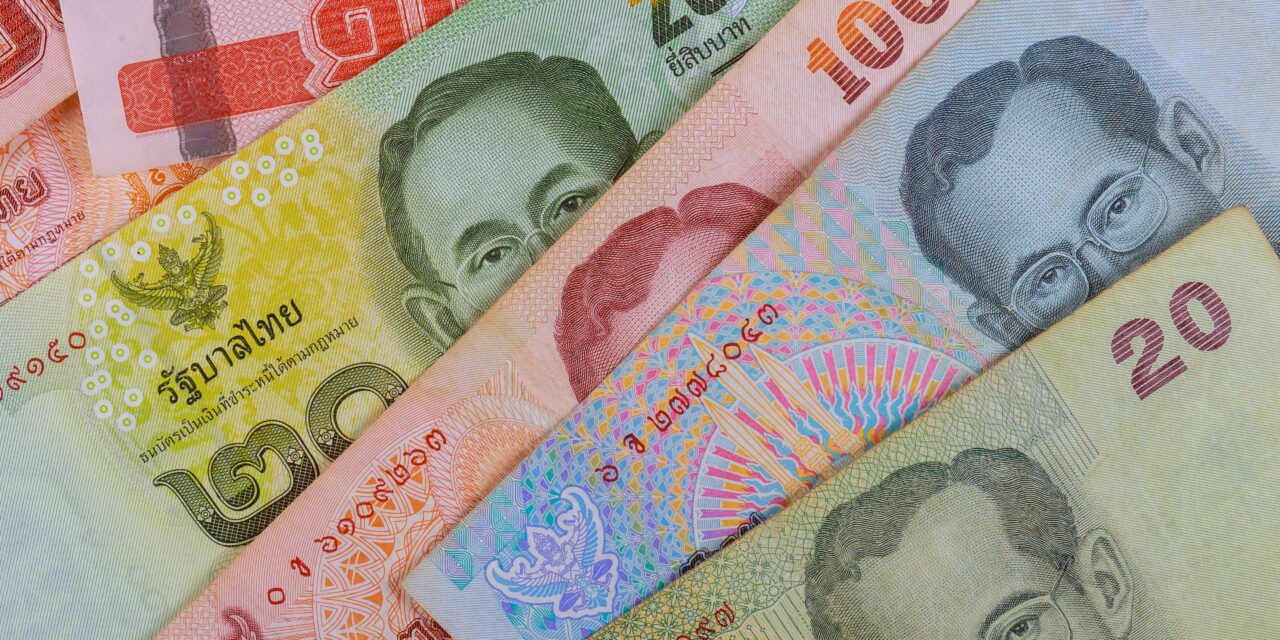Blow for Wealthy Expats Based in Thailand, But Solutions Exist
Thailand has long been a popular destination for expats and foreign residents. One reason is because of its tax system. This system allows them to keep the money they earn outside of Thailand without paying taxes. However, things are about to change.
Thailand’s government has decided to change the tax system starting January 1, 2024. After this date, all income earned by residents living in Thailand for more than 180 days will be subject to taxation, no matter where it is earned.
This policy change will have a significant impact on expats and foreign residents living in or considering a move to Thailand. It could affect their finances and lifestyle choices.
Overview of Thailand’s Territorial Tax System
The territorial tax system of Thailand has had a specific approach towards foreign income. Under this system, expats could enjoy the benefit of tax-free foreign income. As long as their foreign income was not brought into Thailand in the same year it was earned, that income was exempt from Thai taxes. This made Thailand an attractive destination for wealthy individuals seeking to protect their assets.
Advantages of Thailand’s Territorial Tax System
Living in a country with a territorial tax system like Thailand has several advantages:
- Tax efficiency: Expats only pay taxes on their Thai-sourced income.
- Asset protection: Wealthy individuals can shield their foreign-sourced income from being taxed.
- Investment opportunities: There is no tax liability for foreign investments unless the income is brought into Thailand.
The Changing Perception of Thailand
However, there has been a shift in recent years. Thailand is no longer just seen as a wealth protection haven but also as an attractive vacation spot. The country offers a low cost of living, stunning landscapes, rich culture, and warm hospitality. Yet, with the impending changes to the tax laws, it remains to be seen if Thailand will continue to attract expats in the same numbers.
Changes to the Tax System from January 1, 2024
As Thailand enters the new year of 2024, significant alterations in the tax system are set to take effect. Previously, foreign residents were only taxed on income sourced within Thailand. This structure provided an attractive financial landscape for expats and digital nomads alike.
Under the new tax system, however, all income of foreign residents staying in Thailand for over 180 days in a year will become taxable. This change includes not only locally generated profit but also income originating from overseas. For instance, freelancers and business owners conducting online activities and earning from international clients will now be subjected to local taxation.
Speculation on Tax Rates
A cloud of uncertainty hovers over what the actual tax rate under the new system will be. As no specific rates have been officially announced, speculation is rife among foreign inhabitants and financial advisors. Some are suggesting a possibility of a partial exemption or implementation of domestic-like taxation only for certain categories of income or individuals.
The impact of these changes is expected to be colossal, particularly on the expat community. Those who strategically placed themselves in Thailand to reap the benefits of its previously lenient tax laws may face a starkly different financial landscape come 2024.
Comparison with Other Territorial Tax Systems
When looking at territorial tax systems worldwide, we can see that several countries have favorable policies. These include:
- Panama: Known for its tax haven status, Panama only taxes income earned within the country’s borders. Foreign-source income, whether earned by individuals or corporations, remains untaxed. Panama is an attractive option for expats who want to optimize their tax situations.
- Latin America: Countries like Costa Rica also have territorial tax systems. Like Panama, Costa Rica does not tax foreign-source income, making it another appealing choice for expats.
- Asia: Both Hong Kong and Singapore use territorial tax systems as well. In these business-friendly jurisdictions, foreign-sourced income brought into the country generally remains untaxed unless it is from employment carried out in these countries.
- Gulf countries: Bahrain, Kuwait, Oman, Qatar, Saudi Arabia, and the United Arab Emirates all attract expats with their tax policies. These nations do not impose personal income tax regardless of where the income comes from.
When we compare Thailand’s new tax system to these examples, it’s possible that its appeal as a destination for expats could decrease. The shift towards taxing all income of foreign residents who stay longer than 180 days might discourage individuals who were previously attracted to Thailand’s more lenient approach to foreign-earned income.
However, it’s important to remember that taxes are just one factor influencing someone’s decision to live in a specific country. Other aspects like quality of life, cost of living, and overall stability also play significant roles. So, while changes to the tax system may impact Thailand’s competitiveness compared to countries with territorial tax systems, it doesn’t necessarily mean it will lose its attractiveness to expats altogether.
The Future of Thailand’s Tax System
As we explore the details of Thailand’s changing tax system, it becomes clear that significant modifications are taking place. The move from a tax system that only taxed income earned within Thailand to one that also includes income earned abroad for individuals residing there for more than 180 days has wide-ranging consequences.
Implications for Expats and Foreign Residents
This shift in the tax system has a direct impact on expatriates and foreign residents. They will now have to reconsider their financial plans and strategies. The appeal of Thailand as a tax-friendly destination may come into question with this proposed change.
What Lies Ahead
While this change signifies the end of an era in Thailand’s tax system, it also marks the beginning of a new one. As we observe these developments, only time will reveal how these alterations will shape Thailand’s future as an attractive location for expats and foreign investors.
Will this change deter foreign businesses from investing in Thailand? Will it impact expats’ decision to reside and work in the country? These questions will inevitably arise as the new tax regime takes effect. Nonetheless, Thailand’s allure extends beyond its tax advantages. Its strategic location, robust infrastructure, and skilled workforce make it an appealing destination for foreign investment. As the country adapts to these changes, it will be interesting to see how it maintains its competitiveness in the global market.
Solutions for Residents of Thailand
Thailand does not currently have CFC rules. Therefore, if you can structure your affairs so that your income is earned through a tax-free offshore company, it’s possible to avoid the new Thai tax grab easily. It’s important to get the right offshore structure in place quickly before the new rules are implemented. Caution will be necessary regarding extracting money from the offshore company for living expenses in Thailand. However, there are solutions for every eventuality. Those already in Thailand and enjoying what the country offers will have many possibilities to continue staying there and enjoying a tax-free life.











